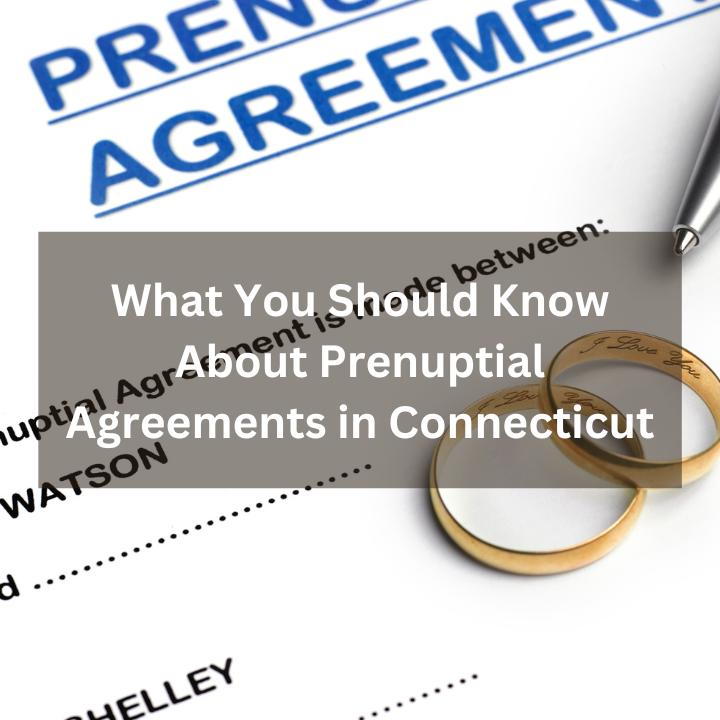
- posted: Dec. 12, 2023
- Family Law
When the prospect of marriage is on the horizon, discussions about potential divorce may seem unromantic and out of place. However, prenuptial agreements, often referred to as "prenups," are valuable legal tools that can protect both parties' interests, particularly in regard to protecting assets a spouse might own before marriage.
A prenuptial agreement — known in Connecticut’s statute as a premarital agreement — is a legal contract signed before marriage, outlining the rights and responsibilities of each spouse regarding their property and finances. In essence, it allows couples to decide how their assets and debts will be treated in the event of a divorce, legal separation or the death of one spouse.
Prenuptial agreements are particularly useful in Connecticut, an "all property" state in which assets acquired before the marriage can be subject to division in a divorce. A prenuptial agreement can protect premarital-owned property from that result.
A prenuptial agreement in Connecticut can cover a wide range of financial issues, including these:
- Property rights — It can specify the rights and obligations of each party concerning any property, regardless of when or where it was acquired.
- Management and control — It can outline who has the right to transfer, manage and control property during the marriage.
- Disposition of property — It can detail how property will be divided in the event of a legal separation, divorce, death, or other specified events.
- Spousal support — It can determine the terms of spousal support in the case of separation or divorce.
- Estate planning — It can create provisions for wills, trusts or other mechanisms to execute the agreement's terms.
- Life insurance — It can define ownership rights to death benefits from life insurance policies.
- Retirement plans — It can address the right to participate in a spouse's retirement plan.
- Choice of law — It can specify which state or country law will govern its interpretation.
Prenuptial agreements have certain limitations. They cannot address child custody or child support, which are matters decided by the court based on the best interests of the child. Nor can a prenup deny or limit spousal support to an extent that leaves one spouse reliant on public assistance.
How a prenuptial agreement is created has a direct bearing on its validity. A prenup may not be enforceable in any of these circumstances:
- Duress or involuntariness — Neither party may be pressured or coerced into signing the agreement..
- Unconscionability — The agreement may not be highly one-sided, grossly unfair or detrimental to one party.
- Lack of financial disclosure — A party must not have entered the agreement without full knowledge of the other’s financial situation.
Given the complexity and importance of prenuptial agreements, it's advisable that each prospective spouse be represented a skilled Connecticut family law attorney to be sure the agreement complies with state law and safeguards their interests.
The O’Neil Law Firm, P.C. in Hartford, Connecticut has wide experience handling family law matters throughout Hartford, Middlesex and Tolland counties. Contact us online or call 866-418-7593 for a free consultation.



